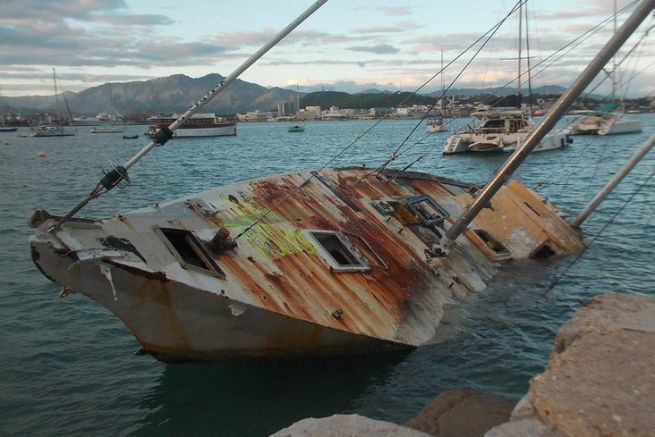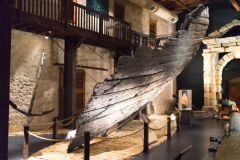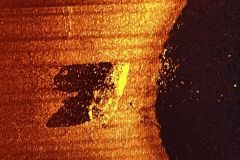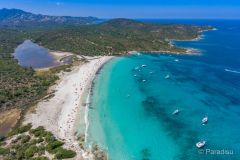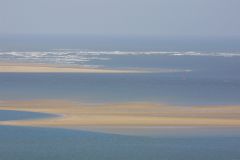Pollution and endangerment of navigation
If some wealthy owners or those who have taken out a marine insurance policy ensure the removal of their wreck, this is unfortunately not the case for the majority. The world's seas and oceans are home to many wrecks, especially in the Mediterranean.
"The subject of wrecks is symptomatic on the French Riviera. In 2021, we counted between 120 and 150 sunken wrecks. The number of visitors is enormous, especially in the summer, and the weather is quite tricky, which can be surprising when you are not used to it. This is an important issue of pollution in the Mediterranean and Corsica begins Thibault Lavernhe.
In France, the subject of sunken wrecks is one of the missions of the Maritime Prefecture. This is for two reasons: the protection of the environment and the creation of a hindrance to navigation and therefore the safety of boaters.
"Apart from the creation of possible shoals when a boat is sunk and therefore the risk for the safety of the navigators, there is a big impact on the environment. And this in two ways. Plastic pollution with the deterioration of microplastic material and hydrocarbon pollution. Some of the sunken boats' tanks are not empty and the diesel oil is diluted in the water. Plastic pollution is a real nuisance. The hydrocarbon pollution is finally less serious. It dilutes in the water and eventually evaporates while the plastic stays and dissolves."
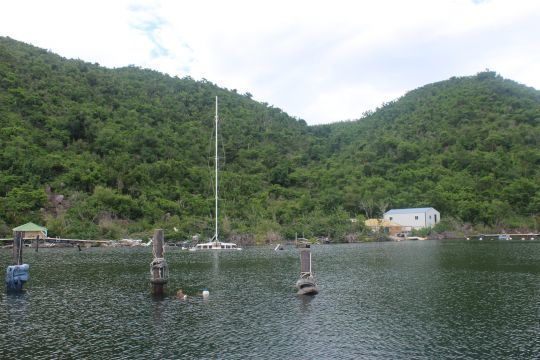
How does a boat become a wreck?
There are several reasons for this situation. The first is the lack of surveillance at anchorages. This is a fairly common occurrence in the Mediterranean in summer. However, all it takes is a badly anchored boat and a good gust of wind for the boat to be left alone and end up on the coast.
The second reason is the abandonment of a ship at the quay, which even if moored can end up sinking within the port area.
The owner's responsibility engaged
The first person responsible in case of a sinking is the owner of the boat.
"He is responsible for his boat at anchor and in port. We must not forget that anchoring is a navigation situation, as opposed to a mooring at the pontoon where the navigation situation stops. In this case, you have the possibility of leaving your boat. In the first caseuros; it is certainly a special navigation situation, but one that must be monitored."
To remedy this situation, the Préfecture Maritime de Méditerranée is currently studying a limit on the duration of anchorages by prefectural decree in order to oblige yachtsmen to remain on board their boats. The duration could be limited to 72 hours.
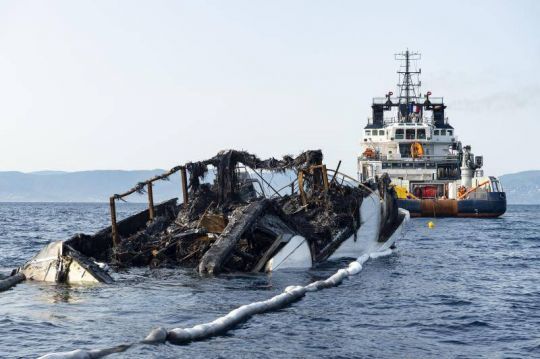
What to do if your boat has sunk?
If your boat sinks, it is your duty as the owner to refloat the wreck. This operation can be taken in charge by an insurance company. It is therefore it is essential to insure your boat and to think about this eventuality when choosing your insurance policy. Even if the bailout benefit is not fully covered, it will still cost you less than if the government covers it.
"When tragedy strikes, the owner must deal with his wreck. He is responsible for it. It is important to be insured up to the amount required to pay for the services of a wrecker, which is a few thousand euros. A sum that can be doubled if the state replaces the owner. The maneuvers can go up to 20euros000 euros."
The insurance will cover the refloating of the wreck and its transport to the APER (Association for Eco-Responsible Yachting) which manages the dismantling of the boats free of charge.
Severe penalties for non-action
If the owner does not take charge of the refloating, he will receive a formal notice from the Prefecture asking him to treat the danger to navigation and the environment. If the formal notice remains without effect, then the Maritime Prefecture will substitute itself for the owner. Unfortunately, in many cases, the owners cannot be found.
"In some cases, when the danger, whatever it may be, is too great, we take the place of the owner and intervene with the resources of the French Navy. In 2021, 15 wrecks were found thanks to the marine resources and the group of mine-clearing divers. We then send an invoice to the owner for about ten thousand euros."
These operations are costly and are not necessarily feasible all the time due to lack of means. The Maritime Prefecture is therefore considering the establishment of an emergency fund to bring in specialized surveyors, whose final cost will nevertheless be paid by the owner.
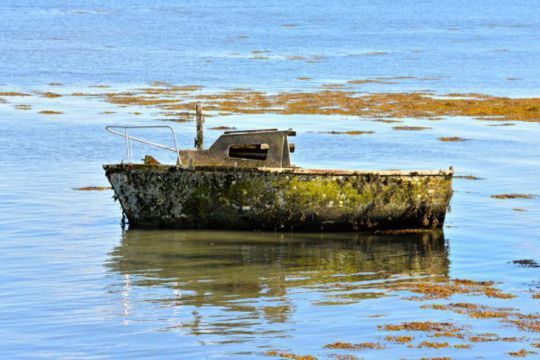
Criminal fallout
In addition to the formal notice, the Maritime Prefecture can also penalize the owner.
"We send a traffic ticket. It's a filing of a complaint against the owner who has not responded to the demand letter and is allowing his wreck to be a hazard."
